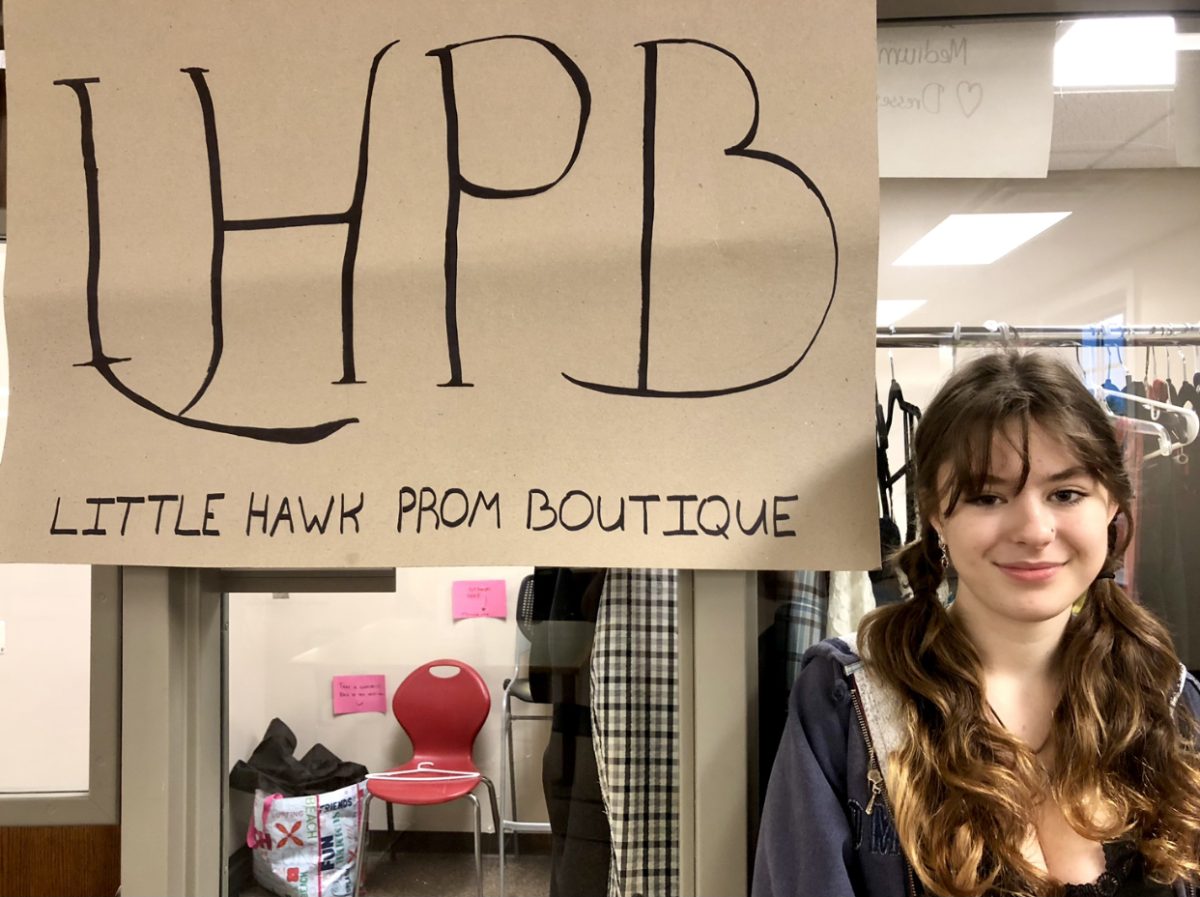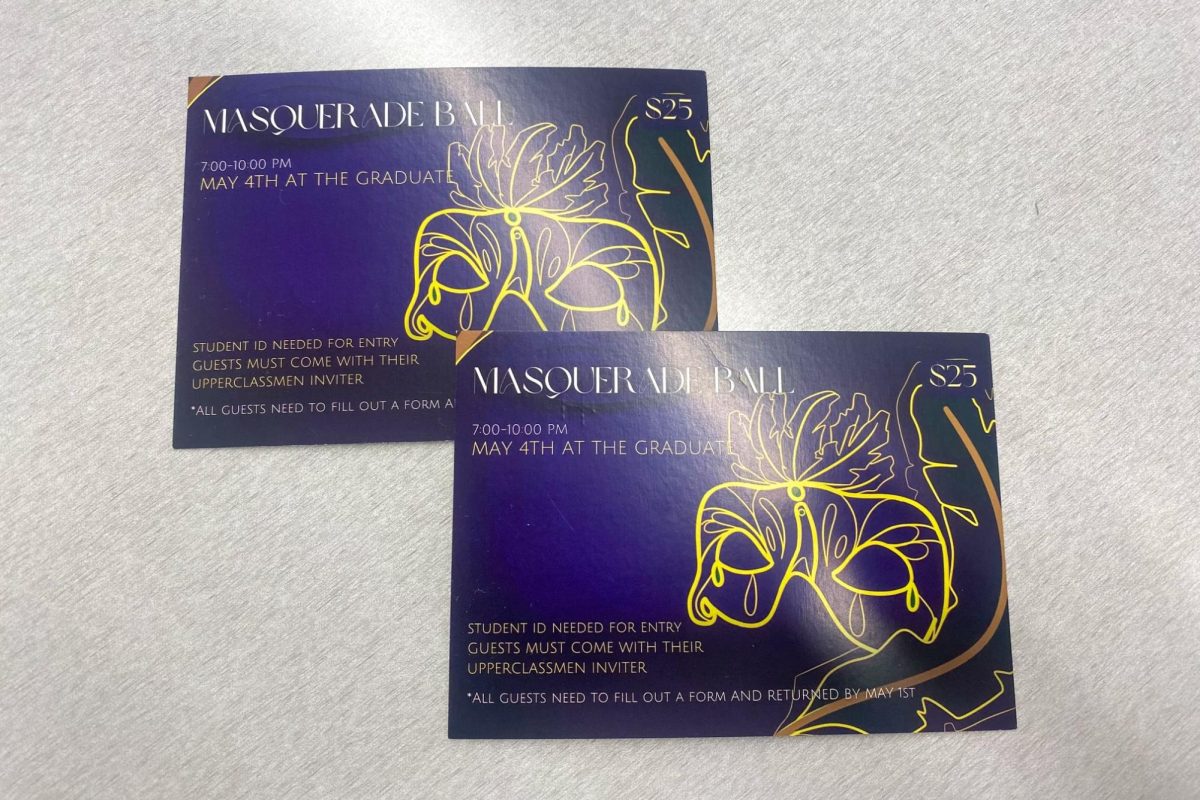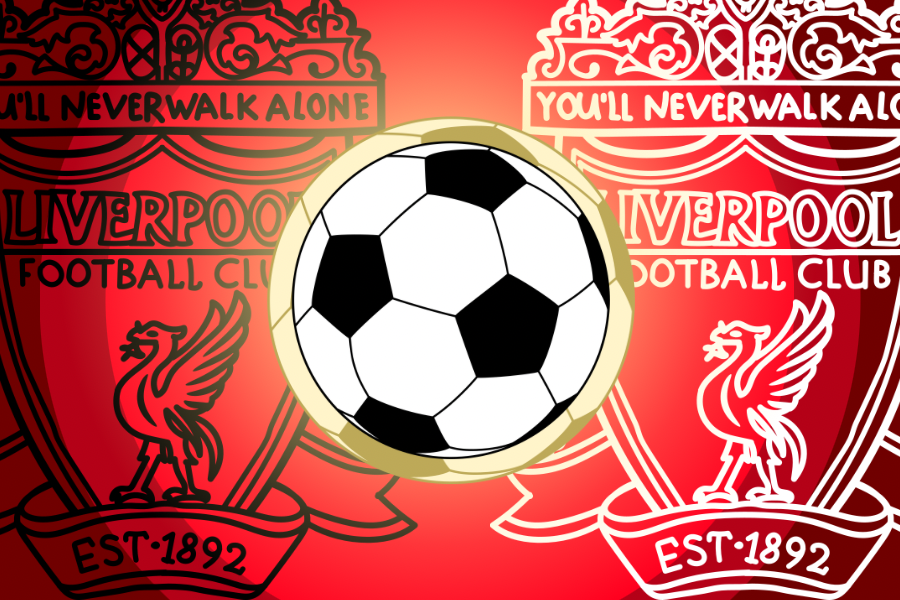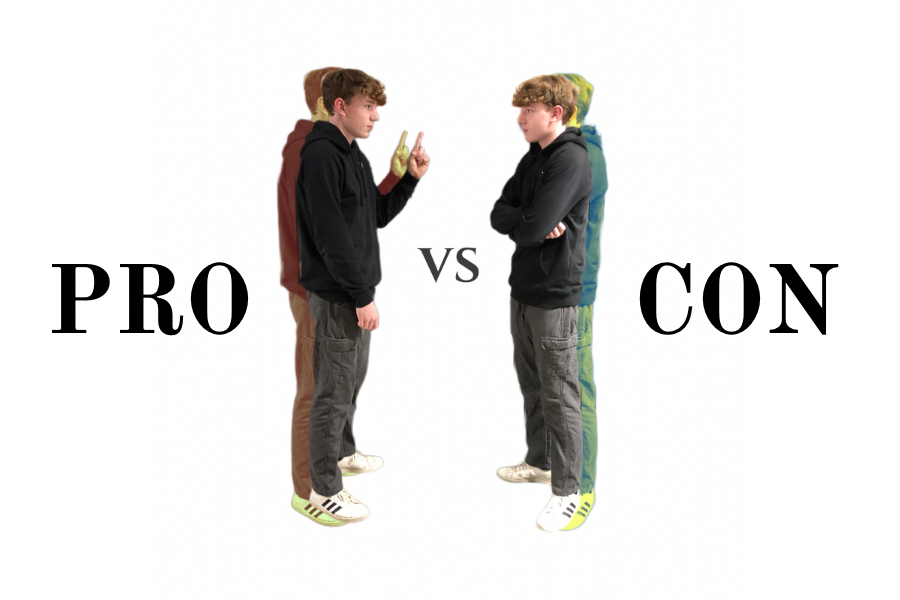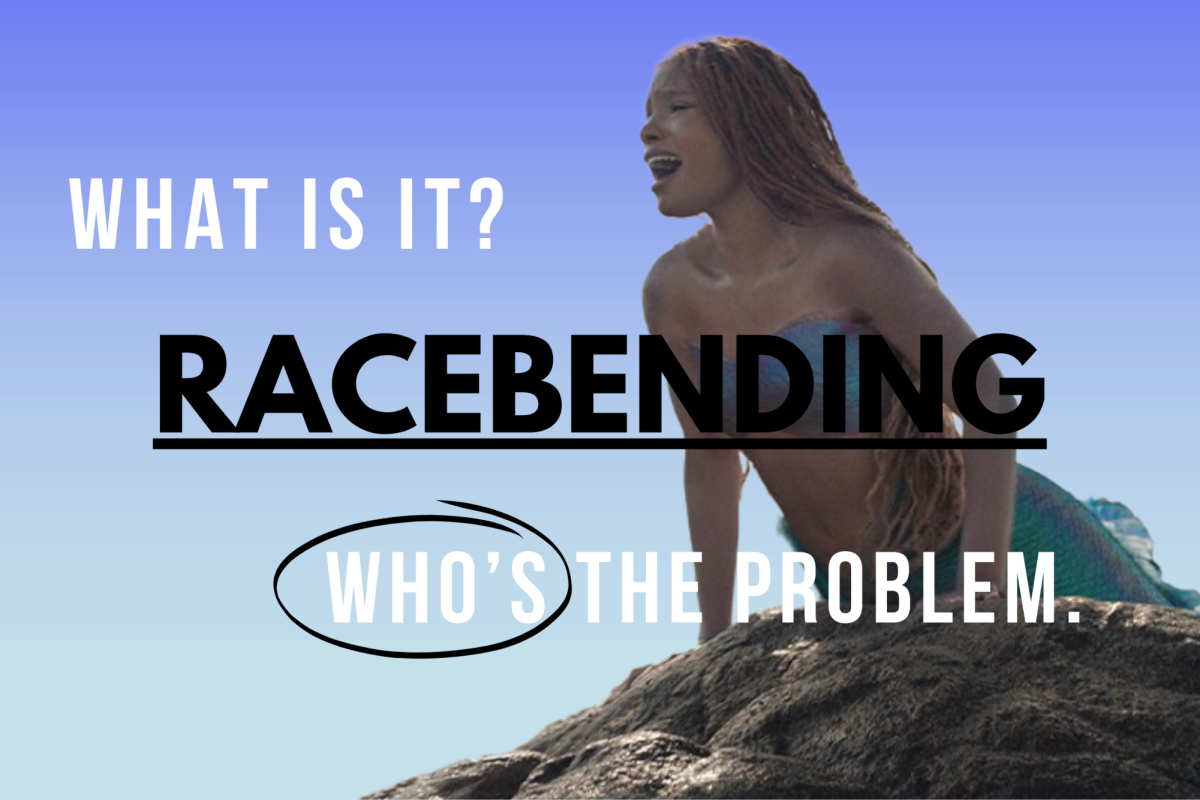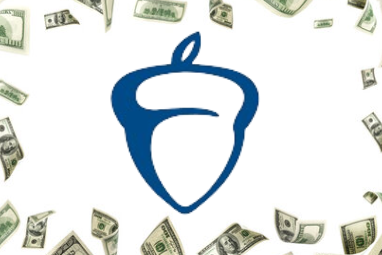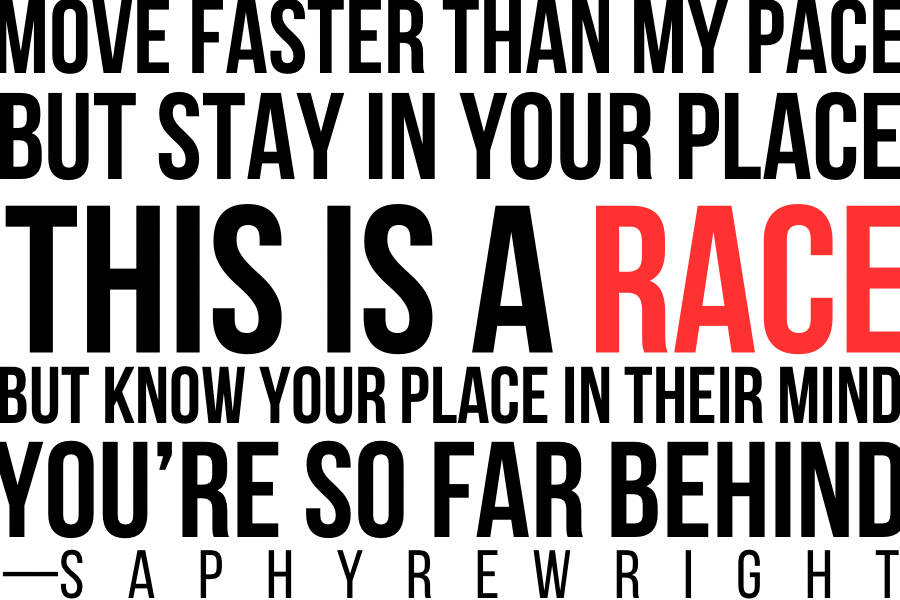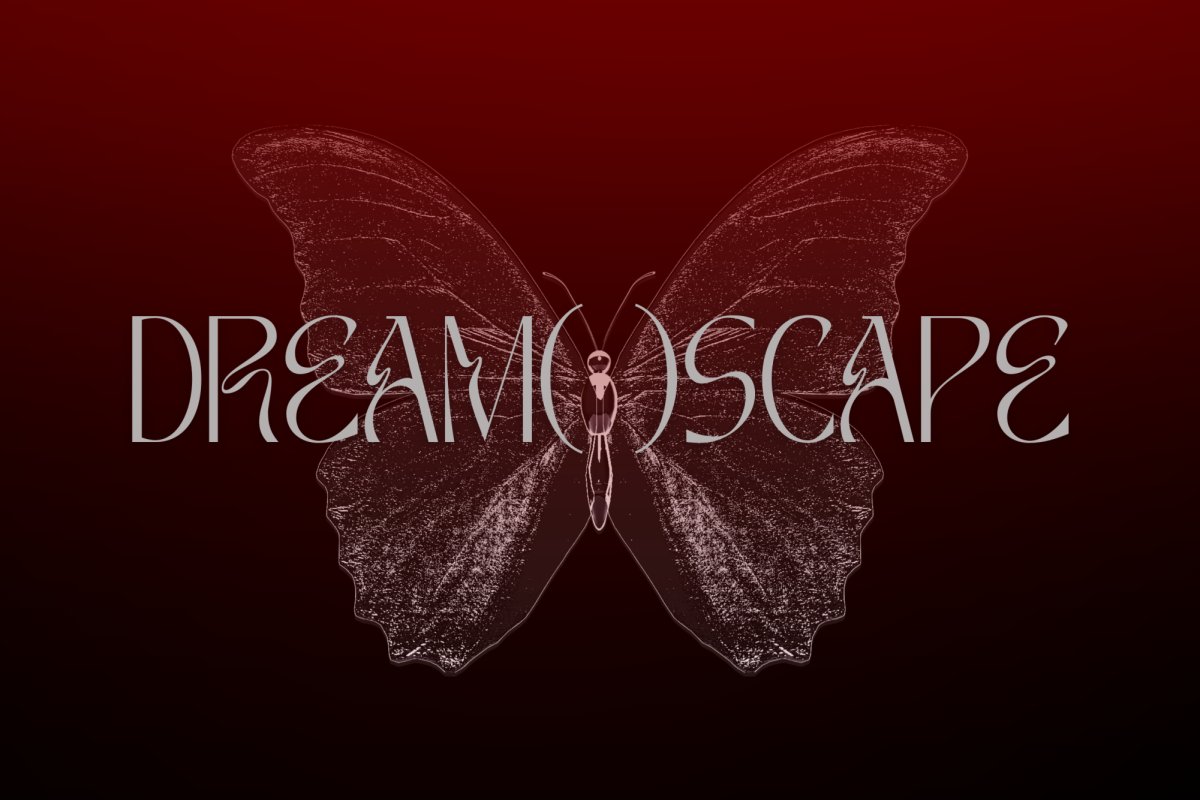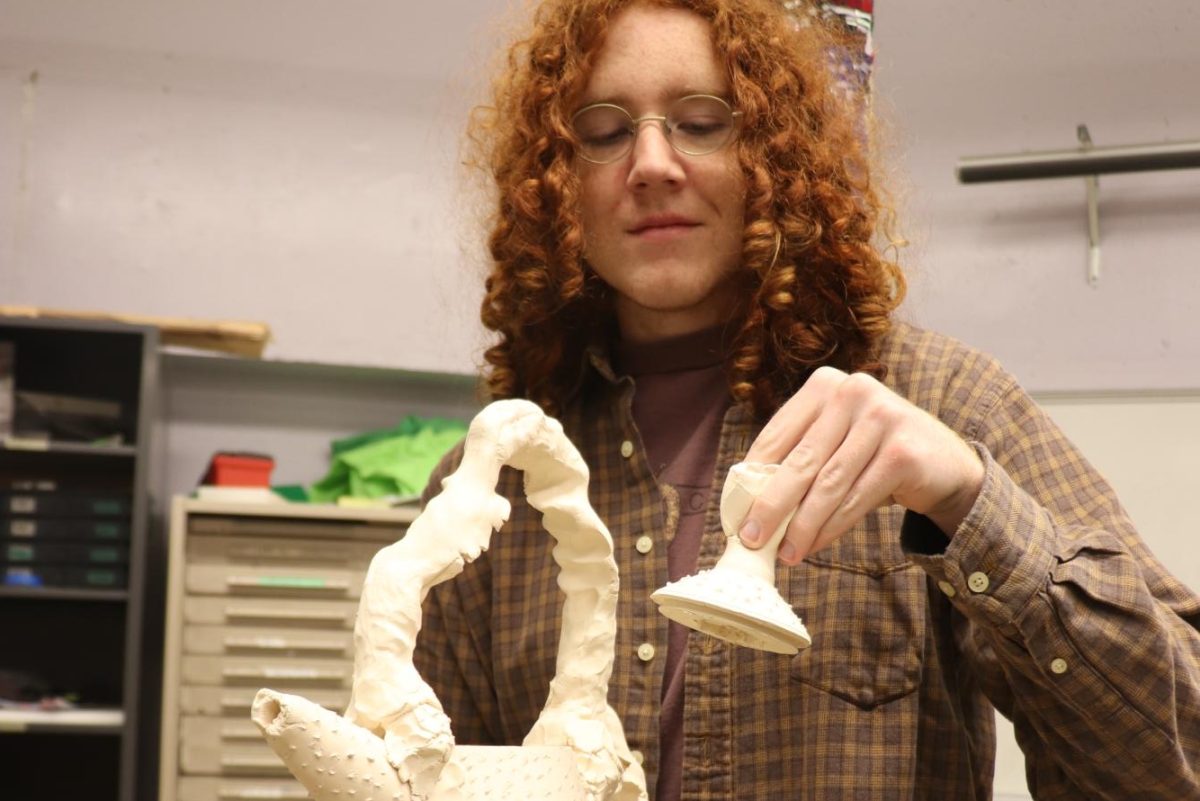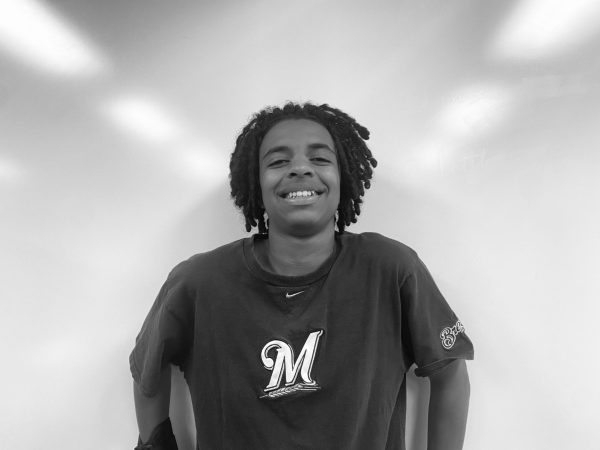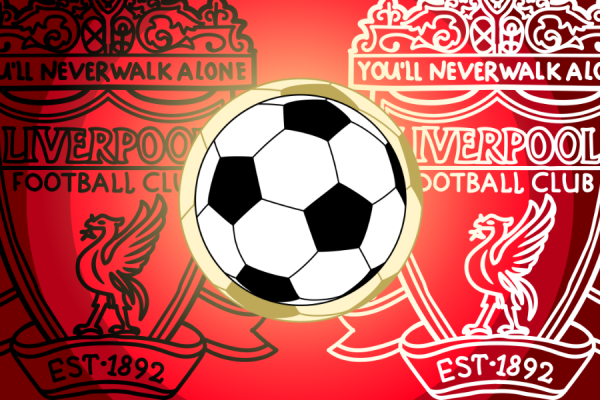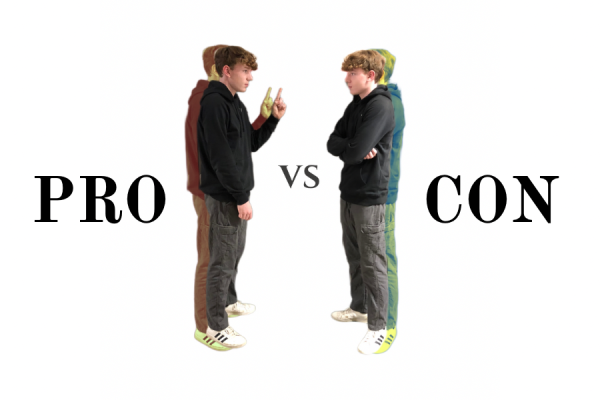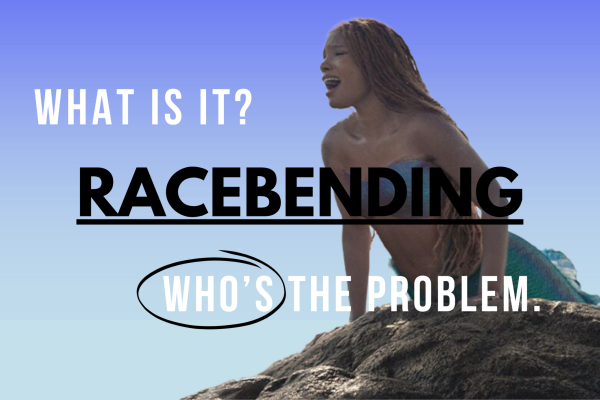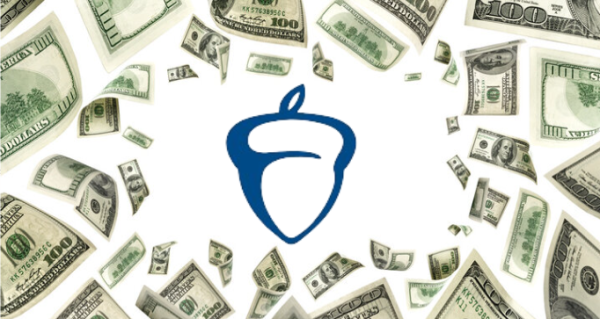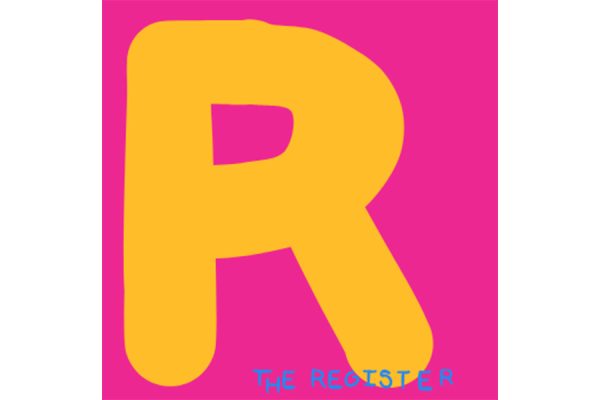In a Manner of Speaking
January 12, 2016
Reflecting upon 2015, words and phrases such as “on fleek,” “bae,” “squad,” and “fake” pop into our heads as some of the dominant slang of the year for teenagers. These expressions are nothing but vague and broad, with definitions that have the potential to baffle even the most crafty grammar nerd. There was a period of time everyone called each other “bae.” Everyone had their “squad.” Everyone had to have eyebrows that were “on fleek.” And a lot of teenagers were accused of maintaining a “fake personality,” but were they actually just being polite?
What does “fake” even mean in today’s modern society? Fake is a word that has been around for a long time, and we can all probably agree on its definition. But this past year, the word seems to have grown new legs and walked towards the direction of an insulting slang term. Our mothers warned us that we will (unfortunately) come across some people in our lives who will pretend to be our friends, without actually having our best intentions in mind – fake friends. Recently, this classification has flourished to touch upon anyone who might not speak their mind 24/7. But constantly speaking our mind can come with a cost – outspoken people may be considered obnoxious or looking for attention. We are faced with a double-edged sword.
Much of our generation is unable to differentiate between a polite personality and a fake personality. Perhaps this confusion springs from the gradual decline America has witnessed in civility. Civility is defined by Google as “formal politeness and courtesy in behavior or speech.” According to “Civility in America,” a nationwide study conducted by Weber Shandwick and Powell Tate with KRC Research in 2014, 70% of Americans believe that incivility has reached crisis proportions. Due to this deterioration of civility – such as people neglecting to say “please” and “thank you” and not complementing one another – much of our generation believes an act of courtesy is simply a ploy to manipulate one another, or that the compliment is secretly an insult (cue the scene in Mean Girls when Regina “compliments” the plaid skirt).
The “Civility in America” study presents how Millennials and Generation X believe the internet is the source of incivility, while Baby Boomers and the Silent Generation cite politicians. Presidential candidate Donald Trump has gained momentous support due in part to his crass and outspoken manner. His often outrageous uncivil demeanor has also turned potential voters against him. On the flip side, politicians such as Hillary Clinton have been criticized for being fake due to “over-politeness.” Donald is too real. Hillary is too fake. No one can win.
When around close friends, one can be as open, crazy, and outspoken as they choose to be. But it is a universal truth that people act differently depending on the immediate circumstances and the people they are with. But perhaps the word “fake” has outlived its usefulness. Perhaps, in 2016, we can move forward with being “real” and polite at the same time.



